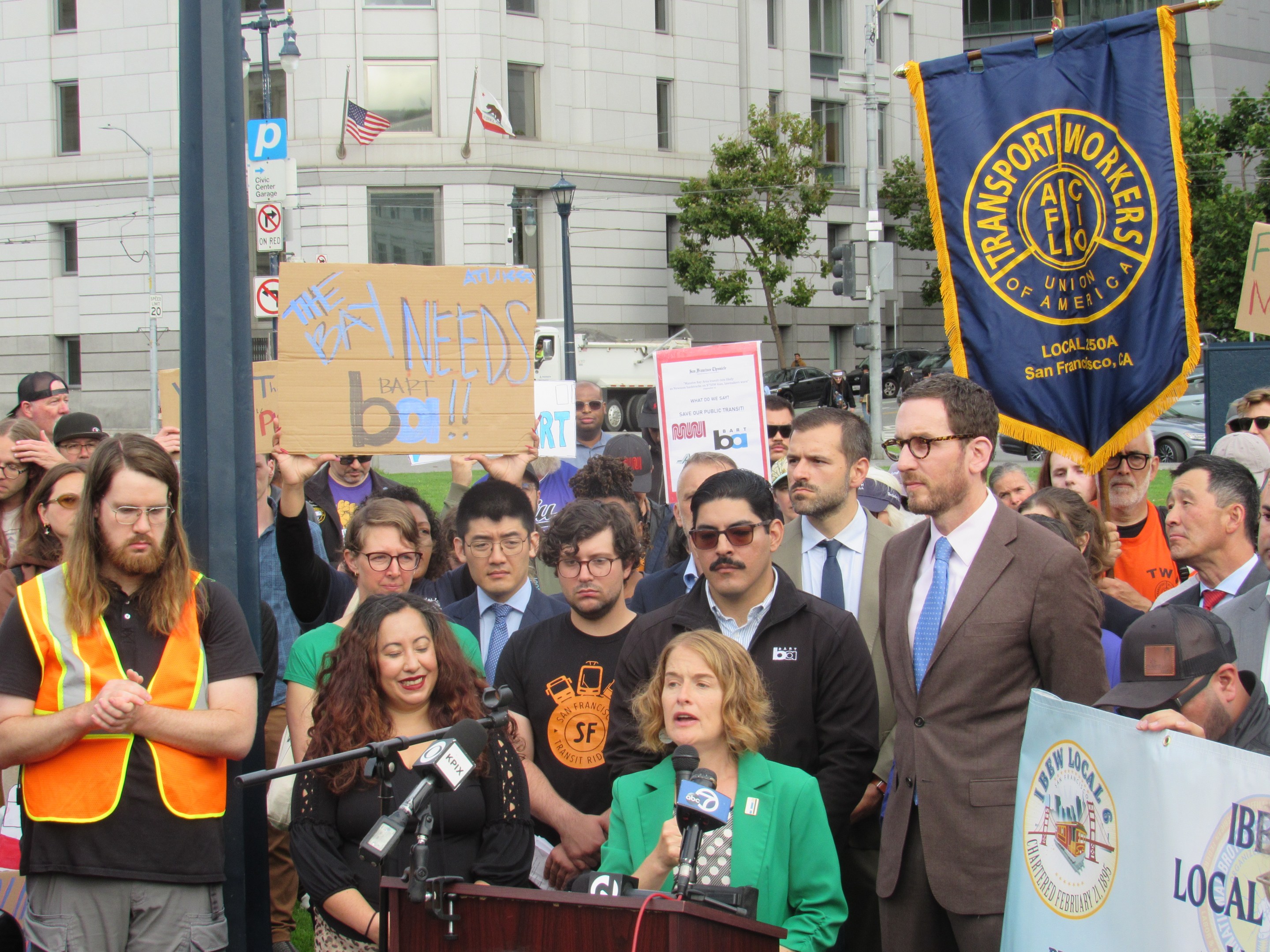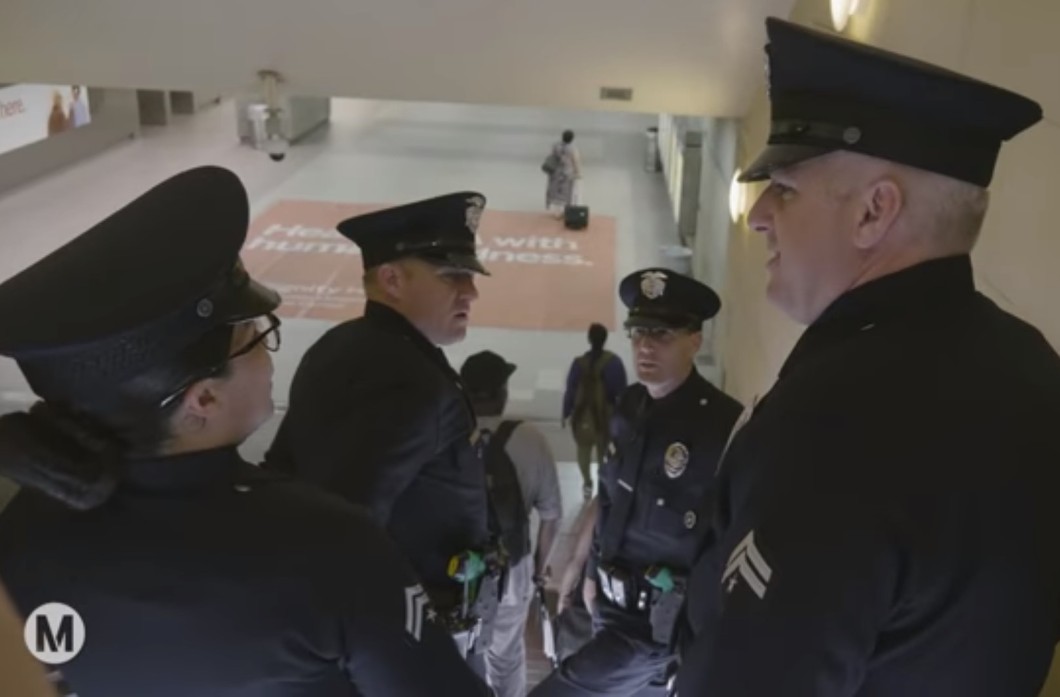Late Sunday night, negotiations between Assembly Transportation Committee Chair Lori Wilson (D-Suisun City) and Senator Scott Wiener (D-San Francisco), the legislation’s author, wrapped up over details in Senate Bill 63. The bill would authorize Bay Area transit agencies to place a measure on next year’s ballot to address long-term funding shortfalls. The completed negotiations led to a special meeting of the Assembly Transportation Committee earlier today, where SB 63 received final passage on an 11-5 vote before heading to the full Assembly floor.***
Before going further, Streetsblog should note that the passage of SB 63 does not affect the short-term transit funding crisis that advocates and agencies believed had been resolved in last year’s budget deal. However, negotiations between agencies, the Legislature, and the Governor’s office have dragged on, and it now appears that the appropriation will not be completed before the Legislature adjourns. This could lead to massive service disruptions, even if the negotiations conclude shortly after the session resumes in January.
Senate Bill 63 is designed to take effect after the one-time funding for the short-term crisis expires. Bay Area transit agencies are more reliant on farebox recovery than most other agencies in the state. With ridership still below pre-pandemic levels and federal subsidies set to expire, SB 63 would fill that gap starting in 2027—assuming the measure is approved by voters.
Negotiations between Wiener and Wilson focused on oversight of both Bay Area transit agencies and the funds that could be raised under the measure. SB 63 requires the Metropolitan Transportation Commission (MTC) to hire a third-party consultant to make recommendations on how to improve the financial health of the four largest transit agencies and gives MTC tools to ensure those recommendations are actually followed.
As for oversight of the funds raised, Wilson explained:
The bill also creates an ad hoc adjudication committee composed of two commissioners from each county funding the major operators under the initiative. Those committees authorize county funding for the various transit agencies to hold them accountable for cleanliness, safety, fares, and service. MTC is required to follow the recommendations of the ad hoc committees, which are empowered to force BART, Muni, Caltrain, and AC Transit to shape up or risk having up to 7% of their funding withheld.
Wiener described this oversight as the strictest of any transit system in the country, but said he was willing to accept it if it ensured SB 63’s passage through committee.
Asm. Lori Papan (D-San Mateo) joined the committee’s four Republicans in opposing the legislation. Papan objected to San Mateo County’s exclusion from the oversight committee. While her office and Wiener’s office had been in discussions over potential compromises, they did not reach an agreement before today’s vote.
SB 63 would place a half-cent sales tax on the ballot throughout the Bay Area, with a full-cent tax in San Francisco. The measure would provide funds for BART (Bay Area Rapid Transit), Muni (San Francisco Municipal Transportation Agency), AC Transit (Alameda County), Caltrain, SamTrans (San Mateo County) and VTA (Santa Clara County).
If SB 63 passes the Legislature and is signed by the Governor, it would require majority approval from voters next fall.
***An earlier SBCAL article stated SB63 had already passed the Assembly Transportation Committee, and it did…sort of. There was a vote to allow the legislation to be heard by the Appropriations Committee, the usual last step before a full vote. This maneuver allows the legislation to be re-heard by a policy committee if there are outstanding issues after Appropriations has heard the legislation and the usual legislative deadlines for committee work has passed.
Previous coverage of SB 63: Wiener’s Legislation to Streamline Permitting for Transit Projects Advances...And so does a bill to put a Bay Area funding measure on the ballot in 2026, and Transit-Funding Measure Reintroduced.






